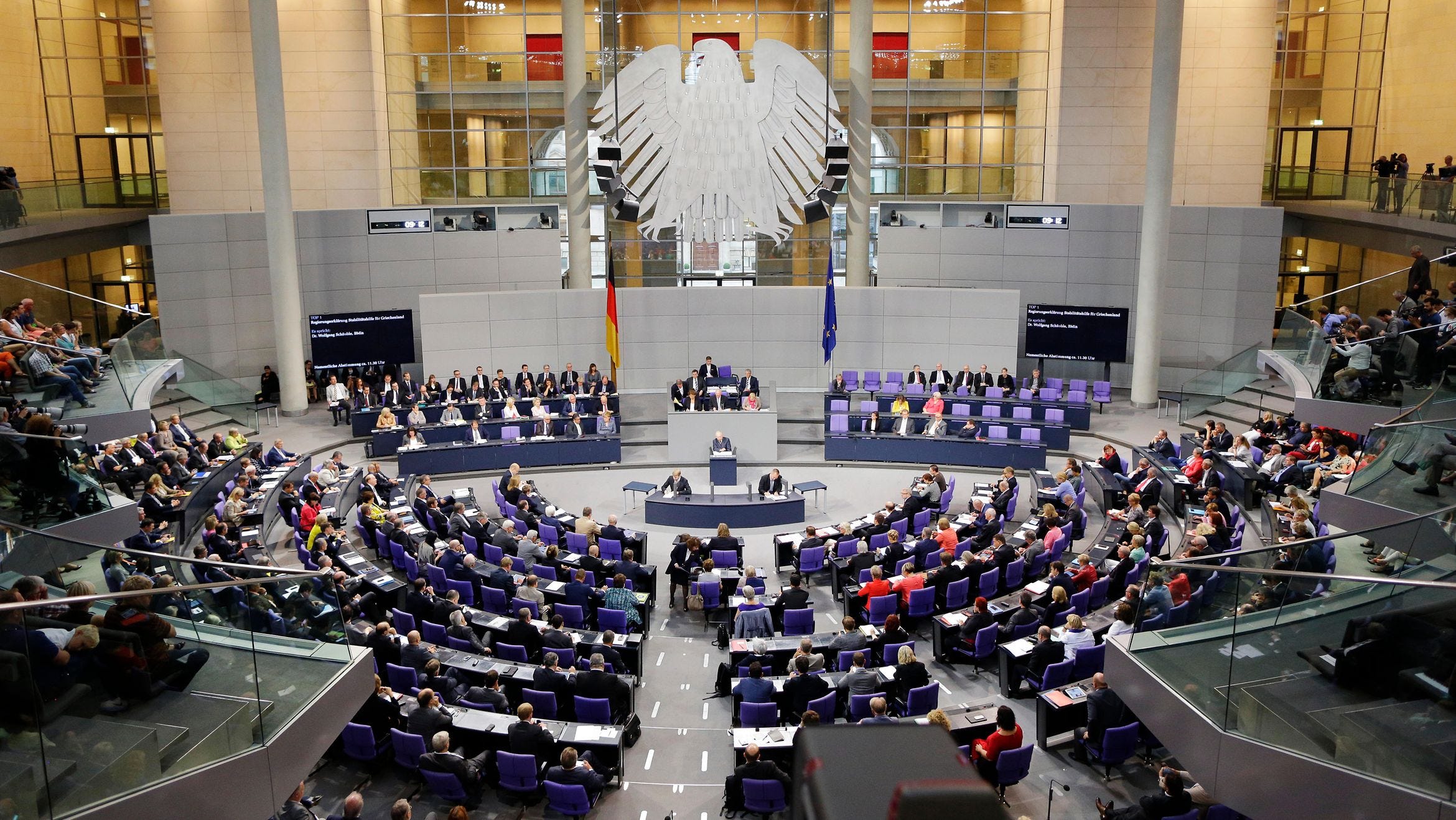BREAKING: Germany's Citizenship Law Reform Has Just Passed
A New Chapter Towards More Inclusivity and Diversity in Germany
In a significant stride towards inclusivity, the German parliament has recently passed a groundbreaking reform of the country's citizenship laws. This long-awaited change, hailed as a historic move, promises to reshape the landscape for foreigners residing in Germany by easing the path to dual citizenship and modifying naturalization requirements.
The reform, passed in the Bundestag after intense debates and a two-year wait, garnered 382 votes in favor out of 639. It marks a pivotal shift in Germany's approach to citizenship, allowing individuals to retain multiple nationalities and reducing the residency requirement for naturalization. This reform is particularly impactful for the Turkish community in Germany, addressing long-standing identity dilemmas and offering a gesture of recognition and respect.
The new law stipulates that foreigners can now apply for German citizenship after five years of residence, shortened from the previous eight-year requirement. Exceptionally well-integrated individuals can seek naturalization in just three years. Moreover, the reform brings relief to older residents and children; those over 67 years no longer need to prove B1-level language skills, and children born to non-German parents in Germany become eligible for citizenship if one parent has been legally resident for five years
“The New Citizenship Plan” Small Summery:
Immigrants legally living in Germany will be allowed to apply for citizenship after five years, rather than the current eight;
If they bring special achievements to the table, this may be reduced to just three years;
Children born in Germany of at least one parent who has been living legally in the country for five or more years will automatically get German citizenship;
Immigrants above the age of 67 will be able to do an oral instead of a written German language test;
Multiple citizenships will be allowed;
People living entirely on state support will not be eligible for German citizenship
Political parties within Chancellor Olaf Scholz's coalition – the Social Democrats (SPD), Greens, and Free Democrats (FDP) – supported the law. In contrast, the opposition Christian Democrats (CDU), Christian Social Union (CSU), and the far-right Alternative for Germany (AfD) voted against it. The CDU/CSU bloc expressed concerns about the timing and implications of the reform, especially amidst global crises. Their opposition centered on preserving the value of German citizenship and concerns about integrating foreign political influences.
READ ALSO
The Federal Council for Integration (BZI), have pointed out that linking naturalization to income could create barriers for those already facing structural disadvantages. This critique highlights the ongoing challenges in creating equitable immigration policies.
Despite these controversies, proponents of the reform, including SPD politician Dirk Weise and Greens MP Filiz Polat, emphasized the law's democratic significance and its potential to strengthen social cohesion and integration. Interior Minister Nancy Faeser highlighted the reform's role in attracting skilled workers to alleviate labor shortages in Germany.
”When the new rules will be applied?”
Expected to come into force around April 2024, the reform aligns Germany with other European nations on dual citizenship and demonstrates a commitment to diversity and openness. It is a clear signal to foreigners living in Germany – their contributions are valued, and their place in German society is recognized.
Reem Alabali-Radovan: A Woman's and Immigrant's Voice Inside the Bundestag
In the heart of the Bundestag, amidst a crucial debate on Germany's citizenship law reform, stood Reem Alabali-Radovan, a beacon of hope for women and immigrants. As the government's Commissioner for Migration, Refugees, and Integration (Integrationsbeauftragte) , she passionately highlighted the pressing need for the reform. Addressing the alarming instance of AfD members' meeting with extremists, she powerfully stated, "Last week, at the very latest, it should have been abundantly clear to everyone that there are forces, also in this parliament, who want to get rid of this Germany, who want to sort people according to a racist ideology." Her words resonated as a call to protect the diverse fabric of German society. Championing the cause of dual citizenship, Alabali-Radovan asserted, "Two passes, this is the most normal thing in the world in 2024, recently reality in many countries," reflecting her commitment to making Germany a more inclusive and globally connected nation. Reem, one of the 31% women inside the German parliament and one of the few politicians with a migrant background, is an important voice inside the German system.
READ ALSO
As the reform moves towards implementation, it represents more than a legal change; it signifies a shift in Germany's identity as a nation, embracing a more inclusive and diverse future. For the millions of immigrants in Germany, this is a moment of transformation, offering a chance to fully belong to the society they have long called home. 💖
What do you think? We want to hear your opinion!
Be part of the conversation inside the IWB community. Share your opinions and check out the insights of other women in Berlin.
✨ Support International Women in Berlin✨
Help us empower women in Berlin! With every €1 donation, you say a heartfelt 'thank you' to our independent project dedicated to helping women thrive in Berlin. For €5 or €10, enjoy exclusive perks and access to IWB events. Your contribution is vital for us to continue creating a supportive, enriching community. 💌 Donate Now – Let's succeed together in Berlin!







